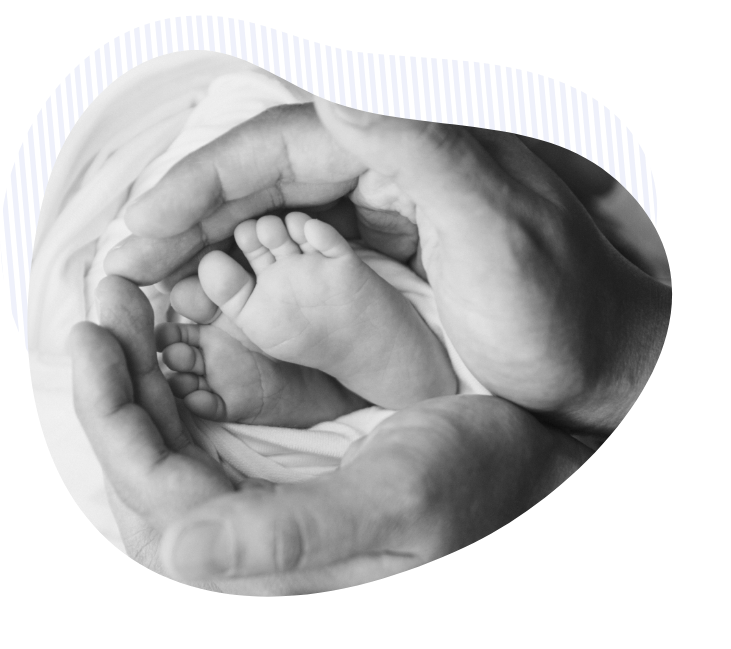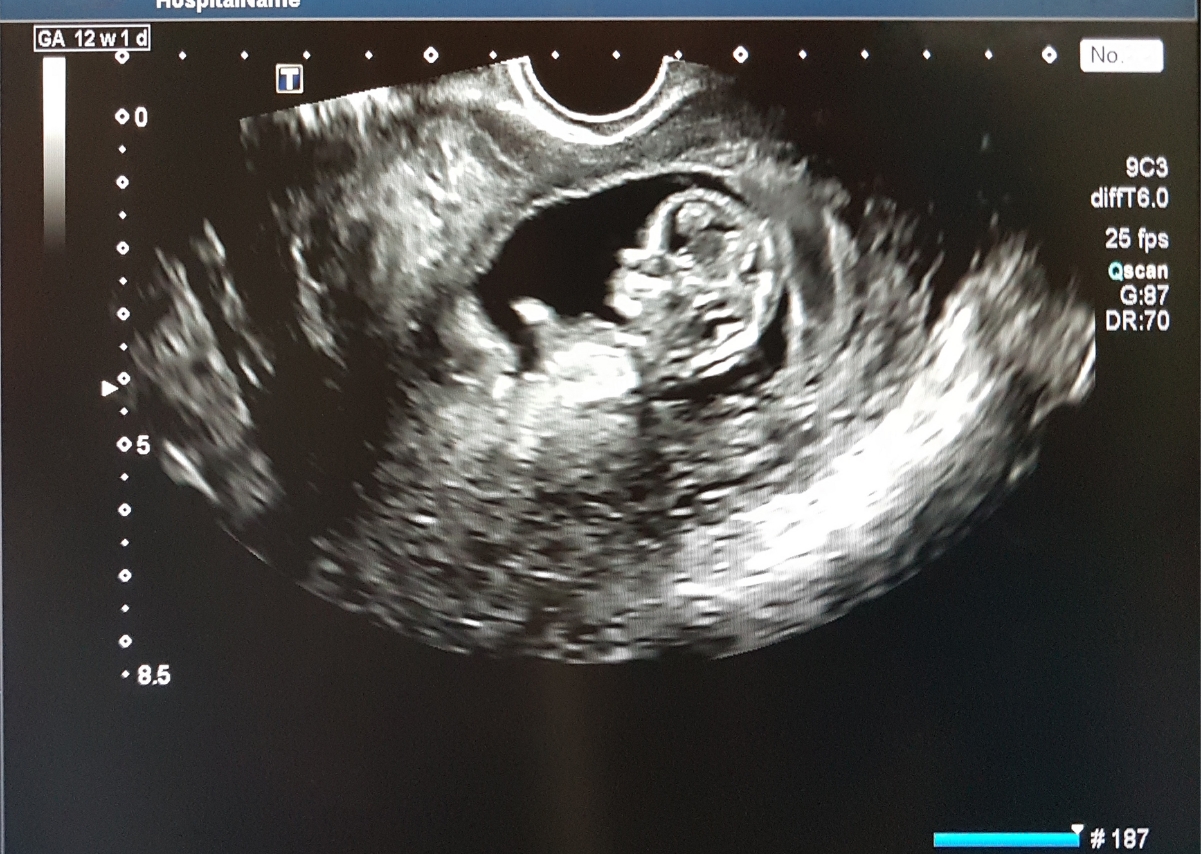






Oocyte Freezing
with us.

Women or couples wanting to decide about achieving pregnancy later can preserve their eggs, sperm, or embryos now. Fertility preservation can also be used to overcome the limitations of reproductive aging, or the loss of fertility due to cancer treatments, premature ovarian failure, and other conditions. American Hospital’s expert team of Reproductive Endocrinologists enjoys a unique stature for patient care and outcomes for performing fertility preservation procedures.
There are many ways to help patients preserve their fertility and treat infertility. Discuss with your gynecologist how you wish to achieve your personal goal of motherhood or becoming pregnant again at a certain age or before any cancer treatment.
Our hope in Oocyte Freezing
Our expert team of fertility specialists attract patients throughout the Middle East, as well as patients from other countries. At American Hospital’s IVFClinic, we provide the latest technological advancements in the field of fertility preservation and infertility treatments. With an egg freezing technique of vitrification, the properties and quality of gametes remain intact for an indefinite period of time.

About Oocyte Freezing
Oocyte freezing is an option or a procedure developed for preserving fertility and protecting future reproductive ability for individuals faced with the risk of losing their fertility due to aging, chemotherapy, radiation, or other medical treatments, and thus choosing the right time to become pregnant. This conservation is achieved using the vitrification technique that allows the freezing of oocytes without compromising on their characteristics, hence ensuring a high success rate.

Fertility Preservation at American Hospital
Our unique collaboration with one of the largest network of fertility treatments and services providers in the Nordic companies – Livio AB – allows our Fertility Clinic at American Hospital to provide the following services when it comes to preserving reproductive ability, or eggs and sperms precisely, for future use:
In-vitro fertilization and embryo freezing, Egg freezing, Sperm freezing.

When is Oocyte Freezing Indicated?
This procedure is indicated in the following cases:
Women who wish to postpone their motherhood (social freezing); patients diagnosed with health conditions that can affect reproductive organs, preventing them from producing a child in future; individuals with certain genetic conditions such as Turner Syndrome; women with a condition known to be associated with ovarian failure, i.e. Turner mosaicism; patients diagnosed with cancer and are receiving chemotherapy, radiation, or other medications that can damage the eggs, ovaries, and sperm.
Since each case is different, the patient is provided with various options to choose from that can increase their chances of preserving their ability to reproduce. At our IVF facility, we can identify your potential risks and determine the best plan of action that will allow you the most plausible way to protect your reproductive ability for future use.
 Advanced endometriosis
Advanced endometriosis
 Compromised fallopian tubes
Compromised fallopian tubes
 Low oocyte quality
Low oocyte quality


What Does Oocyte Freezing Include?
1
STEP
STEP
During the initial consultation, your fertility specialist will conduct a thorough gynecological examination (tests) and brief you about the process of fertility preservation. On the second visit, the doctor will analyze test reports and schedule the treatment plan.
2
STEP
STEP
The treatment starts off with ovarian stimulation. As soon as the woman’s menstruation cycle begins, hormone injections are administered to stimulate the development of multiple ovules. After 10 or 12 days, ultrasound and blood tests are prescribed that enable the doctor to examine the growth of eggs. When eggs have reached an adequate number and size, a dose of the hormone hCG is administered for the maturation of eggs, and the follicular puncture will be scheduled for 36 hours later.
3
STEP
STEP
It’s a 15-20 minutes long process that is carried out in the operating room while the patient is given sedatives to avoid any discomfort. The doctor will access the ovaries through the vaginal cavity to puncture follicles and collect eggs in tubes. The egg samples are sent to the in-vitro fertilization laboratory for vitrification, while the patient gets some time to rest before being discharged from the hospital to get back to daily activities.
4
STEP
STEP
Eggs are preserved with a series of protective means and kept in small straws at a temperature of -196°C. The straws are then stored in specific tanks at specific temperatures.

Book a Consultation
Our team of experienced doctors and cutting-edge in-vitro fertilization lab provide couples and individuals looking for ways to preserve fertility in Dubai with the best outcomes. If you’re considering egg freezing, schedule a consultation with one of our fertility advisors online.
BOOK NOW






